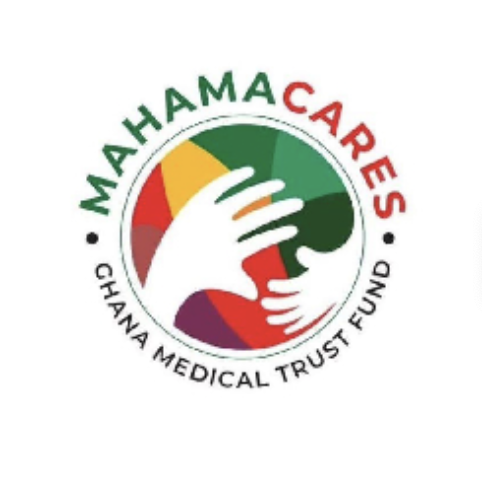Ghana’s NHIA generated GH¢9.76 billion in 2025 after uncapping the health levy, enabling arrears clearance and GH¢1.5 billion payouts. Dr. Bampoe announced digital claims, new tariffs, and stronger private-sector partnerships to boost transparency, fairness, and universal health coverage.
The Chief Executive of Ghana’s National Health Insurance Authority (NHIA), Dr. Victor Asare Bampoe, announced that the government’s decision to uncap the National Health Insurance Levy (NHIL) has boosted revenue to GH¢9.76 billion in 2025 from GH¢6.52 billion in 2024. This financial uplift has enabled the NHIA to clear arrears and disburse over GH¢1.5 billion to healthcare providers within seven months, strengthening the scheme’s financial predictability. Speaking at the Fifth Annual General Conference of the Private Health Facilities Association of Ghana (PHAFoG), Dr. Bampoe highlighted several reforms, including automated claims processing and e-payment systems, aimed at improving reimbursement timelines and transparency.
He said the Authority is finalizing an evidence-based tariff structure to ensure fair compensation, enhance accountability, and reflect the real cost of healthcare services. He also underscored the significance of the new Ghana Medical Trust Fund (“Mahama Cares”), which supports joint investments in facilities, equipment, and specialist training. Dr. Bampoe encouraged private health providers to expand capacity in alignment with the government’s private sector development policy, noting that nearly 30% of NHIS-accredited facilities are privately owned.
Further, he emphasized the NHIA’s commitment to stakeholder engagement through public-private dialogue and co-design processes that shape pricing, benefit packages, and policies. Ethical conduct remains a priority, with a renewed crackdown on illegal co-payments and a push for cashless, accountable service delivery. Dr. Bampoe concluded by reaffirming that strong collaboration with private providers is vital to achieving Universal Health Coverage and building a more sustainable and equitable healthcare system.



